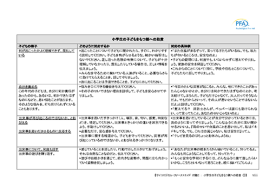
PFA: Parent Tips for Helping School-Age Children after Disasters (in Japanese)
Is a handout from Psychological First Aid Field Operations Guide (PFA).
The following resources on child trauma were developed by the NCTSN. To find a specific topic or resource, enter keywords in the search box, or filter by resource type, trauma type, language, or audience.

Is a handout from Psychological First Aid Field Operations Guide (PFA).
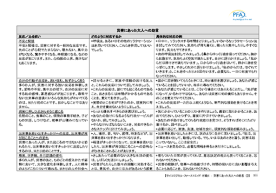
Is a handout from Psychological First Aid Field Operations Guide (PFA). This handout provides people with common reactions after a disaster, ways to respond to those reactions, and examples of things you can say to another adult. This is the Japanese version 大人のためのヒント
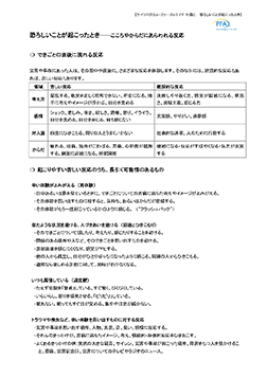
Is a handout from Psychological First Aid Field Operations Guide (PFA). This handout offers information on immediate reactions that may occur, common negative reactions that may continue, reactions to the death of a loved one, ways to cope, and strategies that don't work.
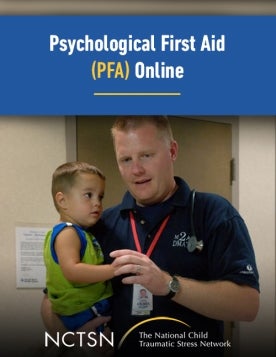
Includes a 5-hour interactive course that puts the participant in the role of a provider in a post-disaster scene. This course is for individuals new to disaster response who want to learn the core goals of PFA, as well as for seasoned practitioners who want a review.
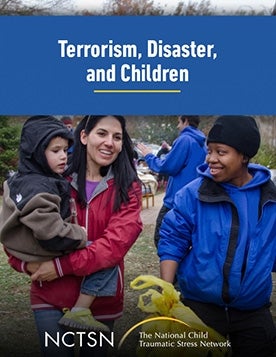
Presents a process for threat assessment and management in an educational setting. This webinar addresses the process of assessing risks of a particular individual or group of individuals and the design and implementation of management strategies to reduce those risks.

Provides parents and caregivers with tools to help them support children who have been victims of sexual abuse, information on the importance of talking to children and youth about body safety, and guidance on how to respond when children disclose sexual abuse.
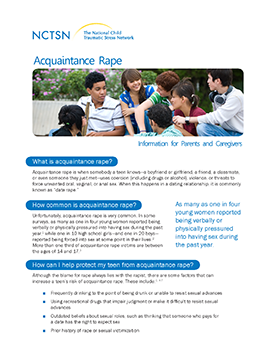
Defines acquaintance rape, discusses the occurrence of acquaintance rape, and offers suggestions to parents on how they can protect their children.
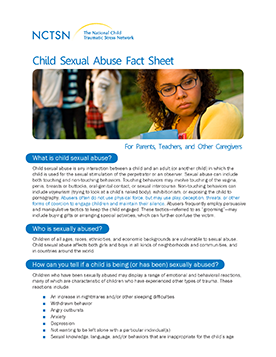
Defines and answers commonly-asked questions about child sexual abuse. This fact sheet outlines myths and facts about child sexual abuse and provides tips to help protect children.
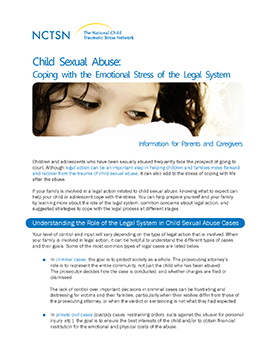
Offers information to parents and caregivers about child sexual abuse and coping with the emotional stress of the legal system.

Provides information for parents and caregivers on intrafamilial sexual abuse.
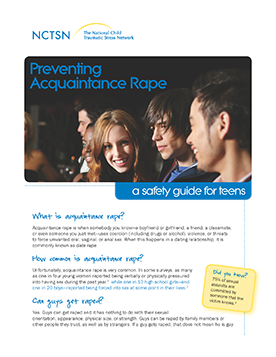
Offers teens information about acquaintance rape. This fact sheet provides information on what acquaintance rape is, how common it is, what date rape drugs are, how to stay safe, and common myths and facts about acquaintance rape.
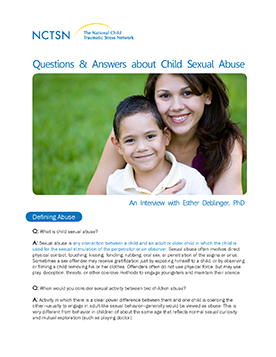
Provides parents and professionals with the answers to commonly asked questions about the impact of child sexual abuse.